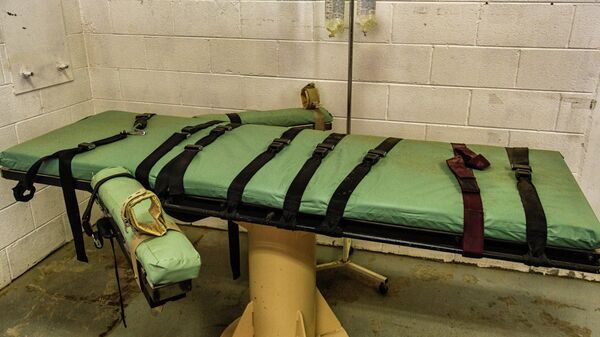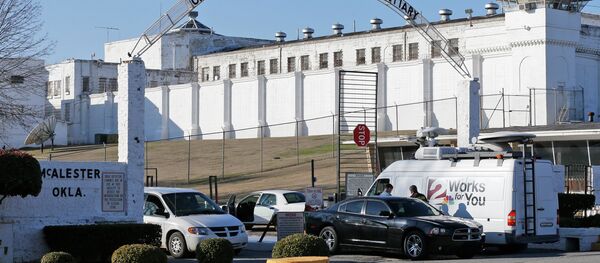"The raft of botched executions and the trauma caused to everyone involved can be traced directly to states operating in secrecy and without public accountability," Rust-Tierney said. "Our ability to trust the government to do the right thing is a direct function of the degree of government accountability."
On Wednesday, Arkansas Attorney General Leslie Rutledge said the state’s Supreme Court has postponed indefinitely the executions of two convicted murderers that were scheduled for Wednesday.
The Arkansas Supreme Court issued its own stays of execution after striking down the stays that had earlier been authorized by a judge in Pulaski County, Arkansas.
The death penalty has not been carried out in Arkansas since 2005 because of legal cases challenging the existing law on using lethal injections as well as the lack of drugs to prepare the lethal injection cocktail.
Rust-Tierney argued US citizens should always be weary when their government suggests not to worry about what it is doing to other citizens, including that they deserve their fate for they are "bad".
"And by the way, we [the government] get to decide who’s bad,’" Rust-Tierney concluded.
Despite growing popular and legal pressure to scrap the death penalty across the United States, many US states still practice it.
More than 800 people have been executed in the United States in the past 15 years, according to the non-profit Death Penalty Information Center. The state of Texas has put to death 329 people since 2000.
In the first week of October, three convicted murderers were executed in three different US states.




